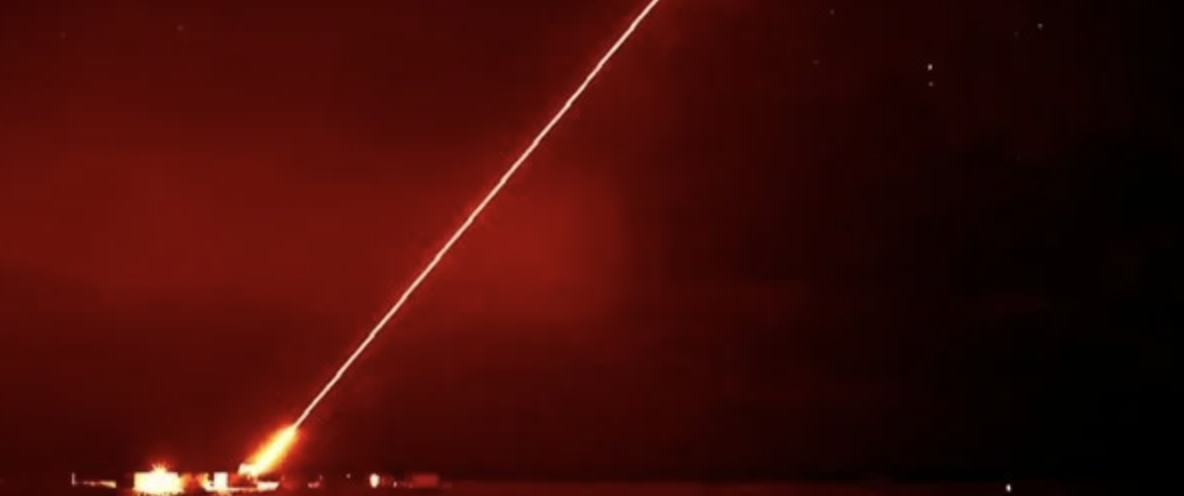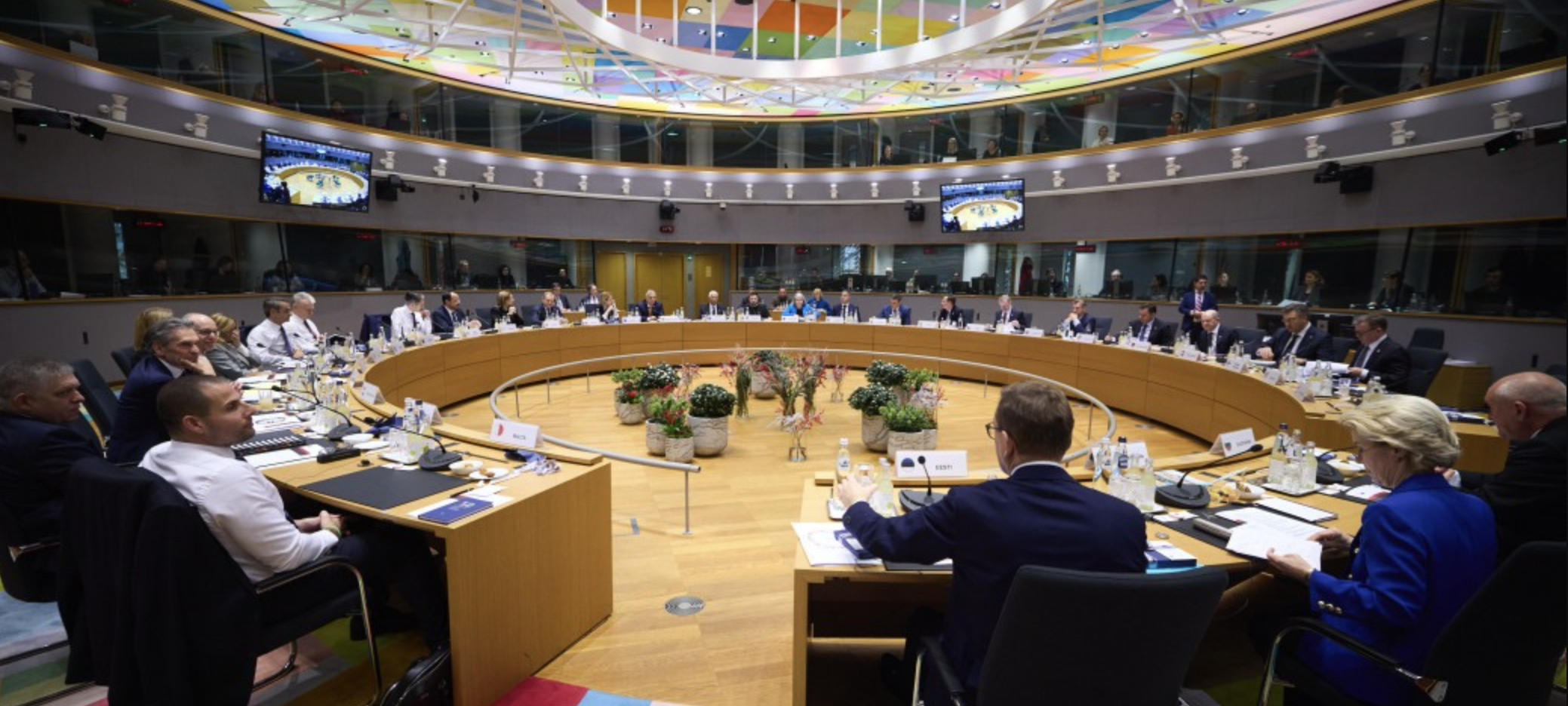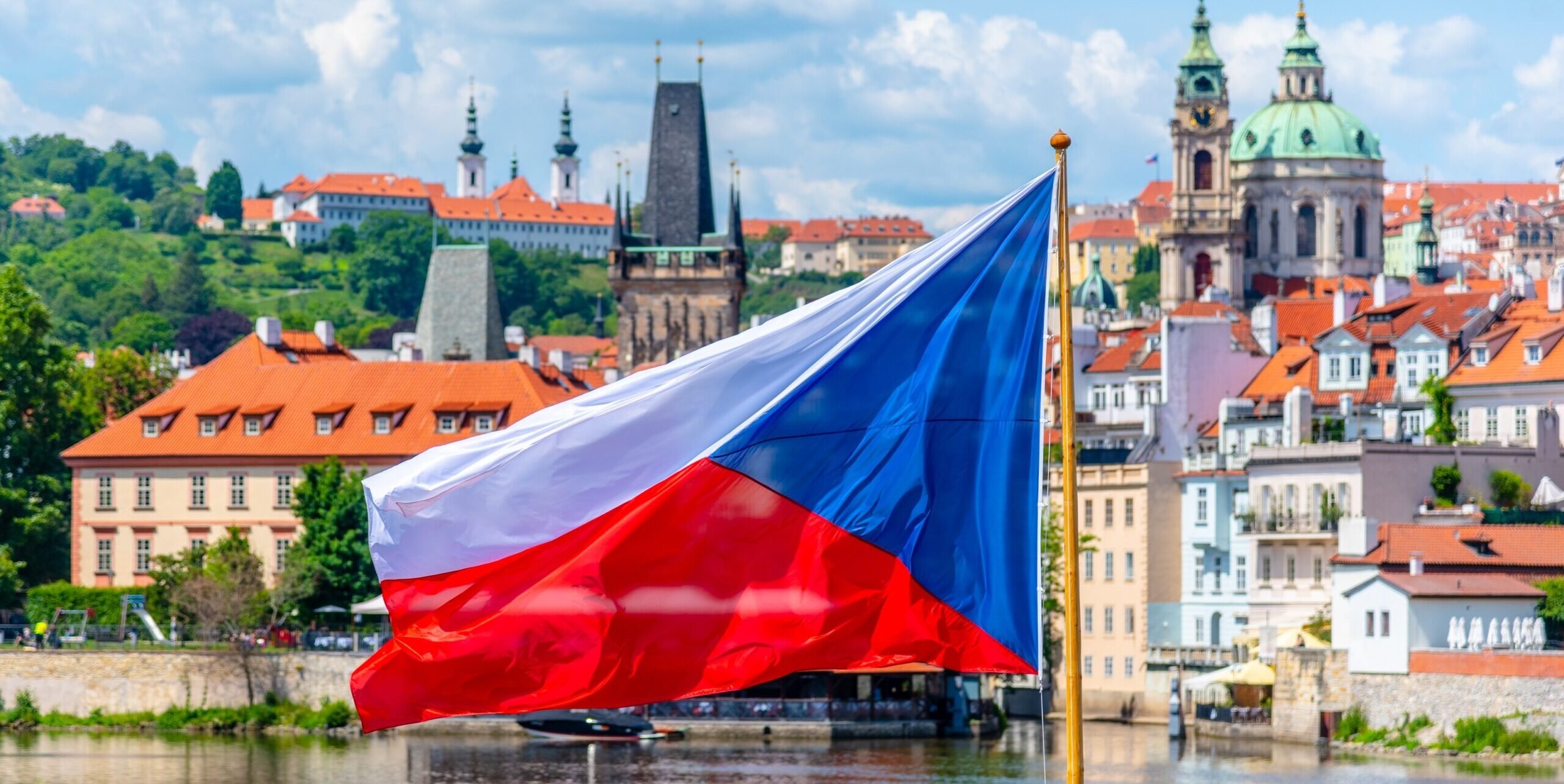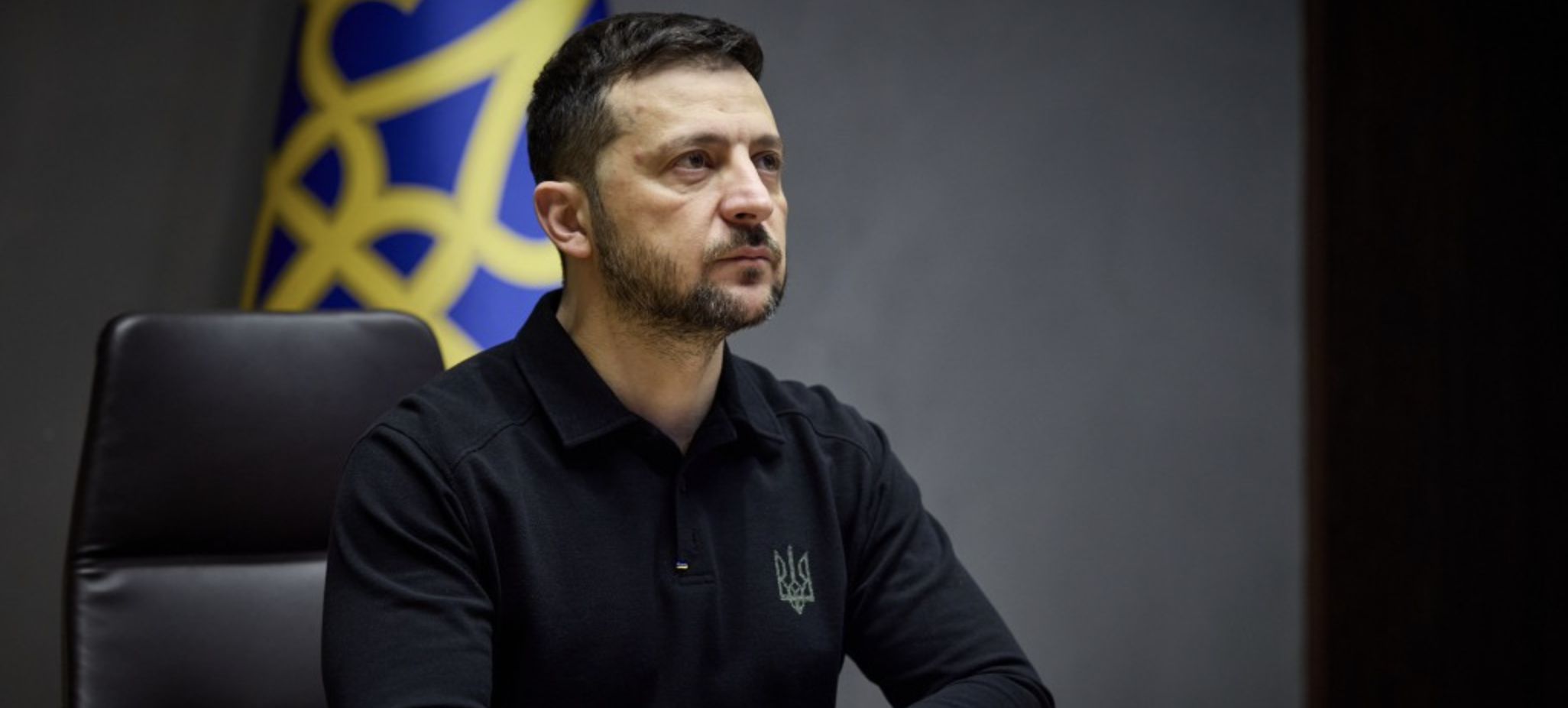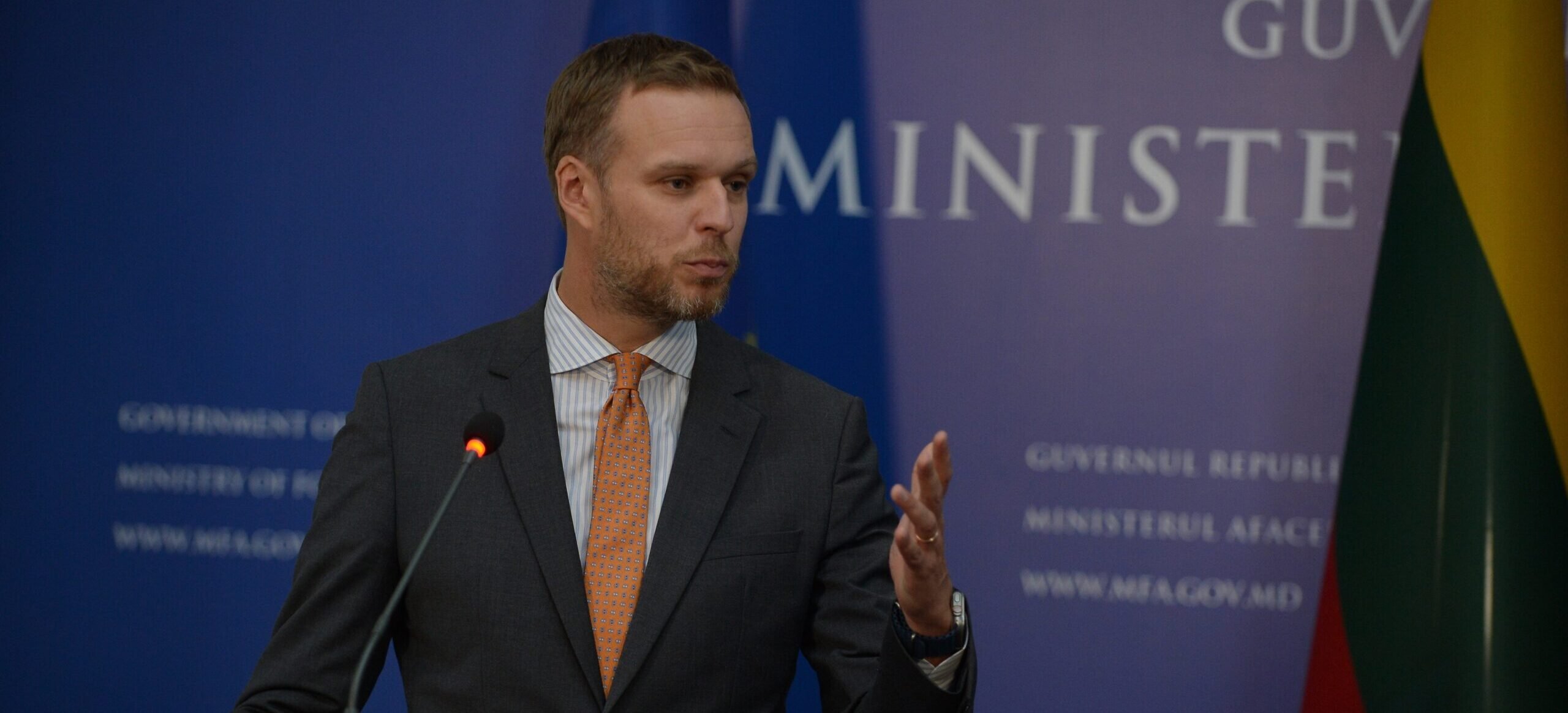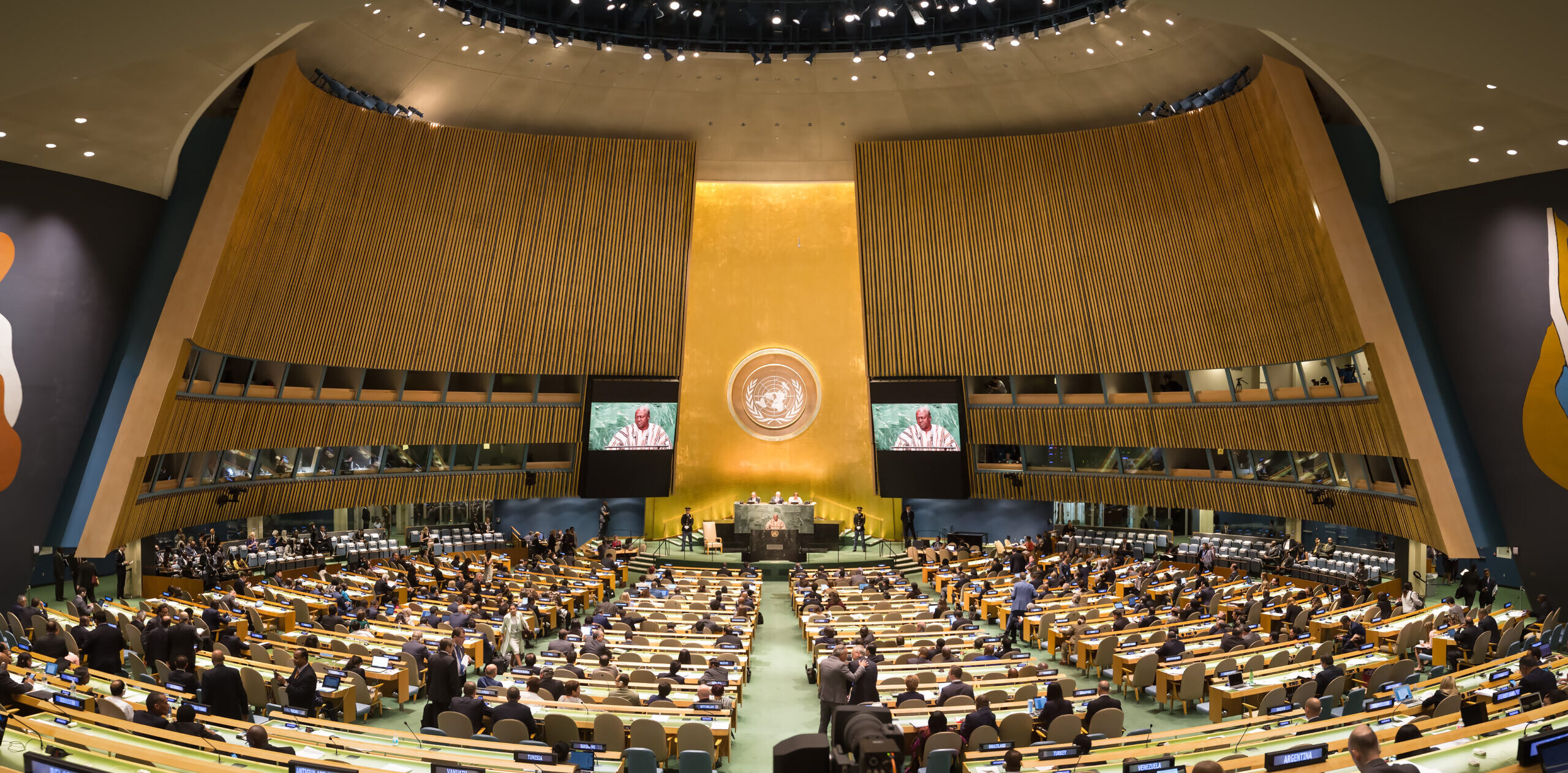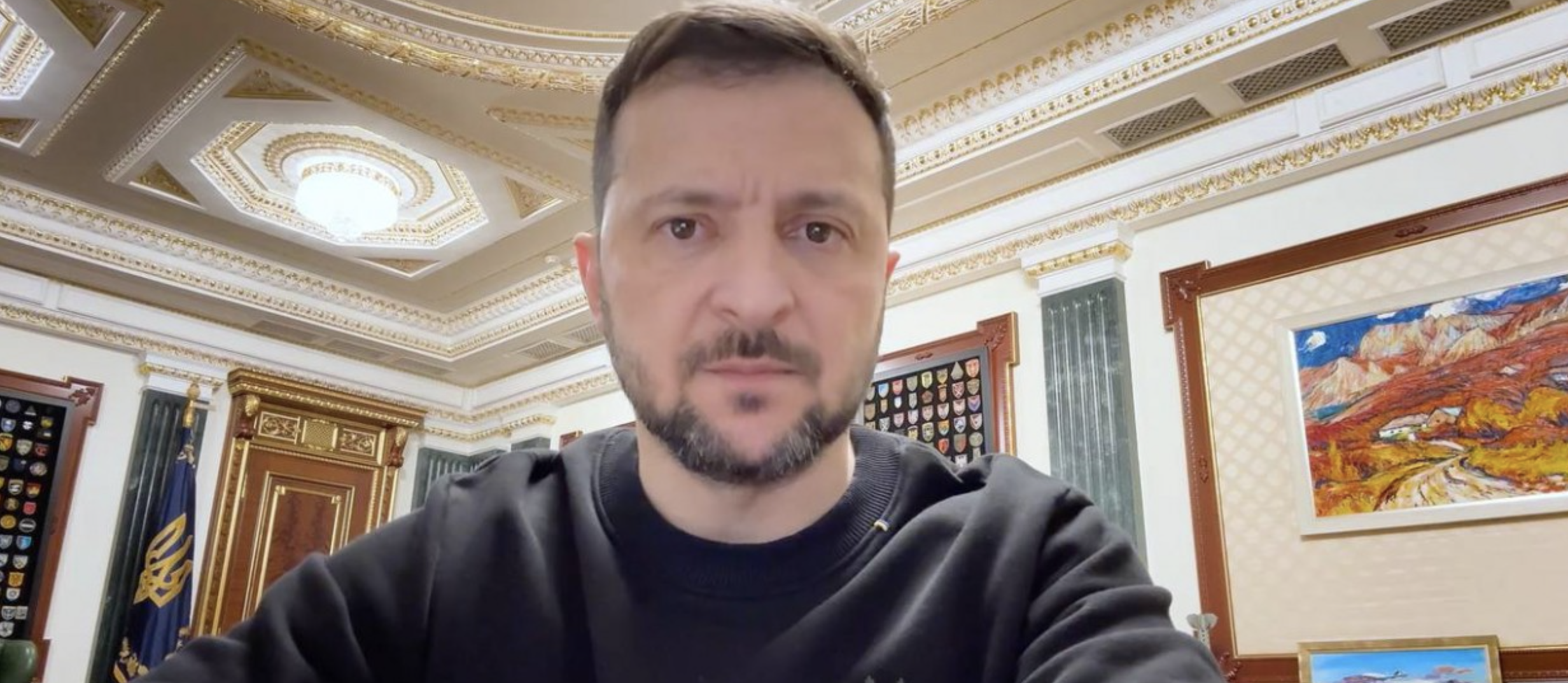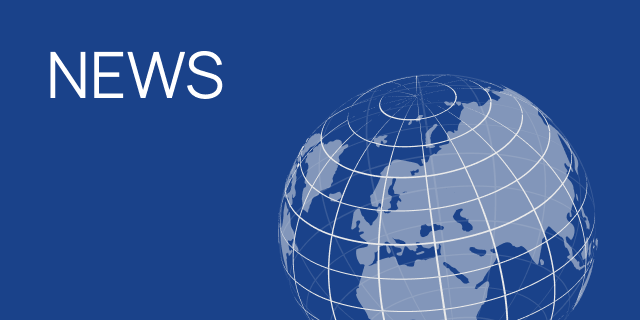
MEMORANDUM
DATE: JANUARY 20, 2011
RE: LIBRARY OF UKRAINIAN LITERATURE IN MOSCOW
BACKGROUND
Russian authorities have arbitrarily curtailed the freedom of expression of the Ukrainian minority in the Russian Federation (RF) by seizing books and newspapers from the Library of Ukrainian Literature in Moscow (the “Library”) and then forcing the closure of the only Ukrainian library in the RF.
SEIZURE OF LIBRARY MATERIALS AND SUBSEQUENT CLOSURE OF LIBRARY
On December 21, 2010, after a 9-hour search, officials from the RF Interior Ministry Anti‑Extremism Department (the “Department”) seized over fifty (50) books from the Library in order to conduct psycho‑linguistic tests on them.
All books found to contain the word “nationalism” were seized following an electronic data search for that word. The seized material included books on Metropolitan Andrey Sheptytsky, the Ukrainian Insurgent Army, the Organization of Ukrainian Nationalists, and the “Пора” movement, along with “Нація і держава” (Nation and State), “Шлях перемоги” (Road to Victory) and “Українське слово” (Ukrainian Word) newspapers.
Three days later, on December 24, 2010, after a second search for extremist materials, the Russian authorities confiscated computer hard disks and readers’ membership cards and then arbitrarily closed the Library.
A third search was conducted on January 14, 2011. Library workers provided Department officials with the requested materials. Nonetheless, as reported in the media, during this search physical force was used against the Library director Natalia Sharina.
ARGUMENT
Freedom of expression is one of the most fundamental freedoms enshrined in several international covenants.
Indeed, the Universal Declaration of Human Rights (Article 19), adopted by the United Nations General Assembly on December 10, 1948, states that:
“Everyone has the right to freedom of opinion and expression; this right includes freedom to hold opinions without interference and to seek, receive and impart information and ideas through any media and regardless of frontiers.“
A similar protection of the freedom of expression is found in the International Covenant on Civil and Political Rights (Article 19) and the European Convention on Human Rights (Article 10), both signed by the RF.
Moreover, the Russian law “On Countering Extremist Activities” (Article 13) provides that a federal list of extremist materials shall be posted on the web site of the Federal Department of Official Registration. According to the Library director, Natalia Sharina, the books seized from the Library were not posted on this web site.
POSITION OF THE UKRAINIAN WORLD CONGRESS
It is the position of the Ukrainian World Congress that the recent searches, seizure of materials and arbitrary closure of the Library, as well as the physical abuse of the Library director by the Russian authorities not only ignore the Russian law “On Countering Extremist Activities” but also conflict with the obligations of the RF under the aforementioned UN Declaration and two international covenants.
Therefore, the Ukrainian World Congress is calling upon the international community to take notice of this unacceptable conduct of the Russian authorities regarding the only Ukrainian library in the RF and to take prompt and decisive action to protect the human and national minority rights of the Ukrainian minority in the RF.
UKRAINIAN WORLD CONGRESS
The Ukrainian World Congress (UWC) is an international coordinating body for Ukrainian communities in the diaspora representing the interests of over twenty (20) million Ukrainians, with member organizations in over thirty (30) countries. Founded in 1967, the UWC was incorporated in 2000 in Canada and recognized in 2003 as a non-governmental organization by the United Nations Economic and Social Council with special consultative status.
UKRAINIAN WORLD CONGRESS



